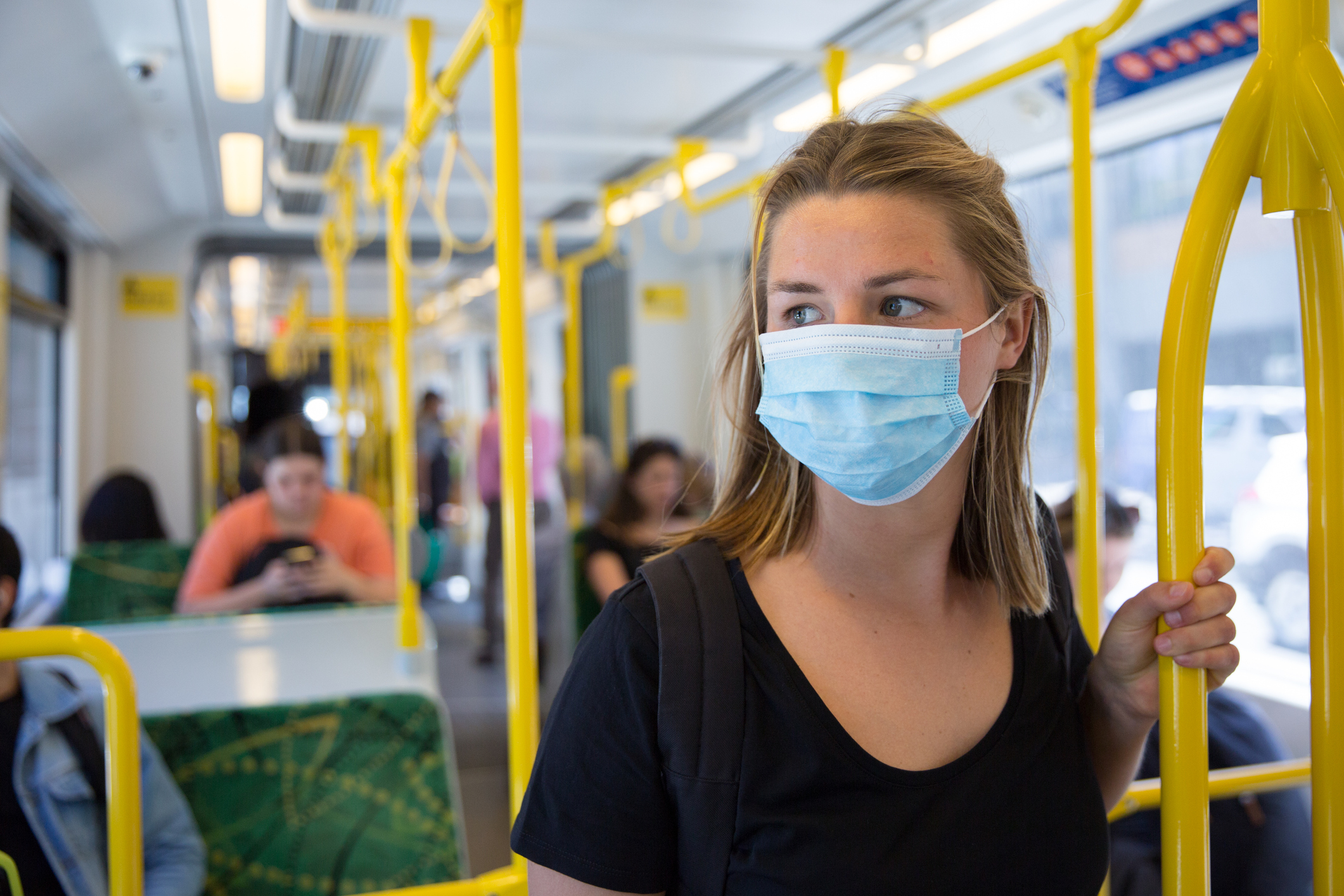Get Easy Health Digest™ in your inbox and don’t miss a thing when you subscribe today. Plus, get the free bonus report, Mother Nature’s Tips, Tricks and Remedies for Cholesterol, Blood Pressure & Blood Sugar as my way of saying welcome to the community!
How nail polish, canned foods and cash register receipts increase your risk of death from COVID-19

We know that air pollution is linked to diabetes, hypertension, coronary artery disease and asthma — conditions that just happen to make people especially vulnerable to respiratory infections.
Air pollution can also make the immune system overreact, causing an exaggerated inflammatory response to common pathogens that can be as deadly as the pathogens themselves.
But what about the toxins right in your home that are “hacking” your immune system?
We’ve known for quite a while that certain chemicals in plastics, furniture, clothing and even cash register receipts are endocrine disruptors. But less attention has been paid to how they affect our immune systems.
Until now…
In the age of COVID-19, scientists are looking at the immune system from all angles. They are trying to figure out what weakens it and how to strengthen it… not only against COVID-19, but against other infections — respiratory and otherwise — that make us more likely to be infected.
Endocrine disruptors also disrupt our immune response
The science of immune disruption is new. But so far, researchers have proven that endocrine-disrupting chemicals such as bisphenol-A (BPA) and phthalates alter the development, function and life span of immune cells.
Both BPA and phthalate exposure cause the body to release an excess amount of IL-6 (interleukin 6), a pro-inflammatory cytokine that, when overproduced, goes from protecting the body from infection by activating macrophages, to causing a cytokine storm.
IL-6 is also an adipokine, meaning its effects are greater in obese, adipose tissue. That means that if you’re overweight or obese, this overproduction of IL-6 can have even more disastrous consequences for your health.
How do these chemicals get into your home to wreak havoc on your health via your immune system?
Phthalates are used in hundreds of products: toys, vinyl floor coverings, food packaging, nail polish, aftershave lotions, soaps, shampoos, perfumes and other fragrance preparations — typical things found in most homes.
They’re also found in pesticides. If you’re not eating organic, you’re getting a helping of this probable carcinogen and inflammation instigator with every bite.
BPA is found in water bottles, baby bottles and canned foods (it’s in the lining of most metal cans as part of a sealant), cash register receipts and that bag holding the wine in boxed wine, just to name a few.
What you can do
Right now, we could use the protection of the Environmental Protection Agency and the Food and Drug Administration to help safeguard us against these chemicals that make us more vulnerable to the coronavirus.
Research from the University of California proved that we are as much as 44 times more exposed to BPA than the Centers for Disease Control and Prevention report claims we are.
The Environmental Protection Agency, however, has chosen this time to loosen its enforcement of such things as they pertain to the environment.
Related: Ten simple ways to reduce BPA exposure
Of course, simply keeping these pollutants out of the air and your home isn’t a way to prevent COVID-19 infection. But it’s an extra ounce of prevention to keep your immune system from being “hacked” and weakened during this pandemic — and to keep these pollutants from stealing your health down the road.
You can reduce the threat of these pollutants by removing unnecessary sources of these chemicals from your home. Say no to cash register receipts and stop storing food in plastic. Be aware of scented items you bring inside and the impact they could have on your health.
To help clean the air inside your home, use house plants, have quality air filters in your HVAC system and consider an air purifier.
You can get serious about cleansing and detoxing your life and your body with not just clean products and clean foods, but nutrients that chelate toxins from your body when exposure is unavoidable in daily life.
Still, there are things you can apply directly to build a stronger immune system so that you’re more prepared for the next peak of the COVID-19 infection, as well as for other infections when they occur. You can read about some of those here:
- Experts agree: Dietary supplements can help in the fight against COVID-19
- The novel nasal approach that provides extra precaution against coronavirus
- Could nitric oxide be the key to recovery from COVID-19?
Editor’s note: There are numerous safe and natural ways to decrease your risk of blood clots including the 25 cent vitamin, the nutrient that acts as a natural blood thinner and the powerful herb that helps clear plaque. To find out about these and more, click here for the report your doctor hasn’t told you about!
Sources:
- The toxic chemicals in our homes could increase Covid-19 threat — The Guardian
- Immunomodulatory effects of synthetic endocrine disrupting chemicals on the development and functions of human immune cells — Department of Immunology, Medical University of Bialystok, Poland
- The Good, the Bad, and the Ugly of interleukin-6 signaling — The EMBO Journal
- Phthalates — Reproductive Toxicology












